Buy Vyndaqel (tafamidis) Online For Sale
$12,500.00
Treatment of transthyretin amyloid cardiomyopathy (ATTR-CM) in adult patients to reduce cardiovascular mortality and cardiovascular-related hospitalization
Vyndaqel is a medication used in the treatment of transthyretin amyloidosis in adults, a disease caused by the deposition of abnormal amyloid fibril proteins in organs and tissues. Its active ingredient, tafamidis, stabilizes the transthyretin protein to slow disease progression. Clinical studies have shown that Vyndaqel can slow neurologic and cardiovascular disease progression and reduce mortality for patients with hereditary transthyretin-mediated amyloidosis. However, it is not a cure and can cause potential side effects. Patients should follow their healthcare provider’s prescription, lifestyle practices, and advice concerning possible risks and benefits.


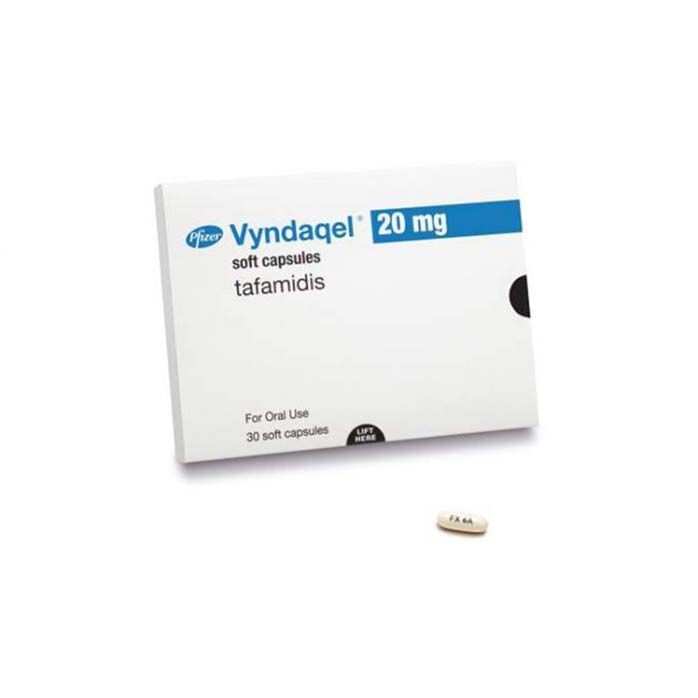
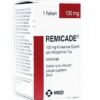

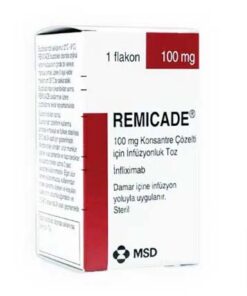
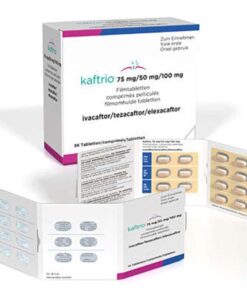

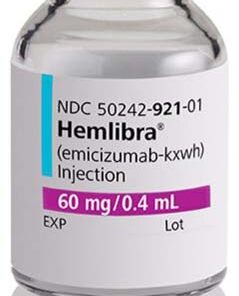
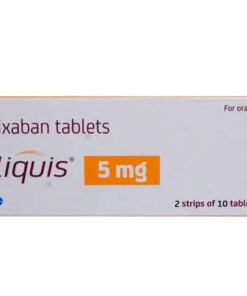

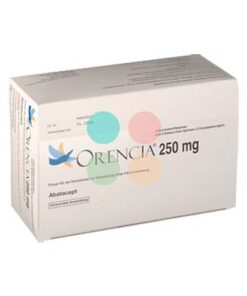
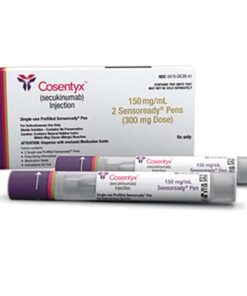
Reviews
There are no reviews yet.